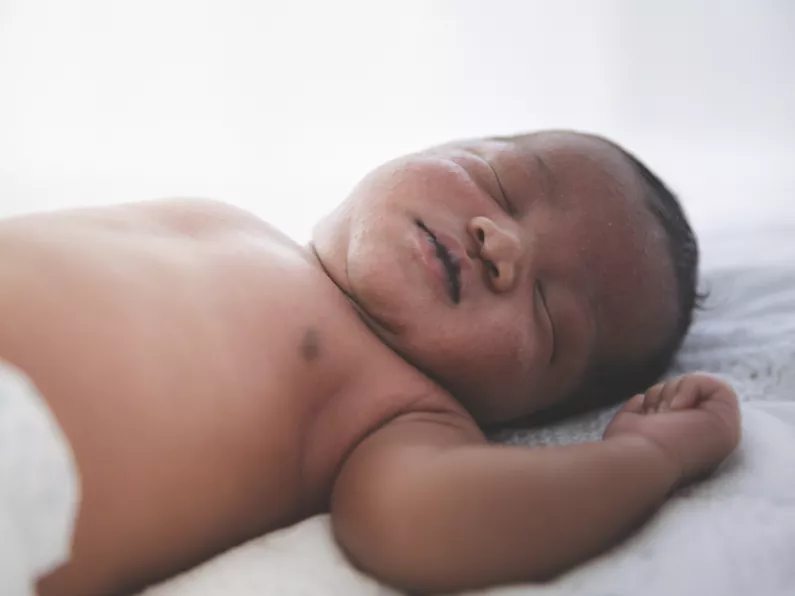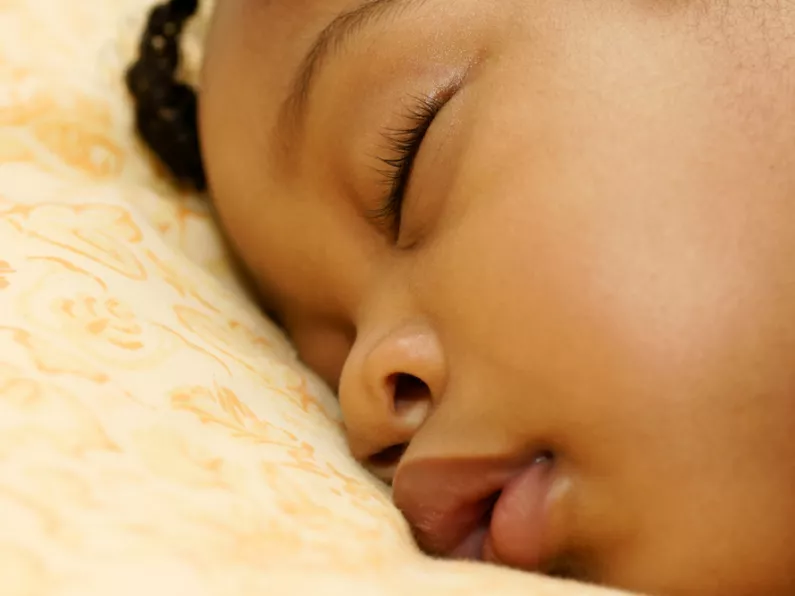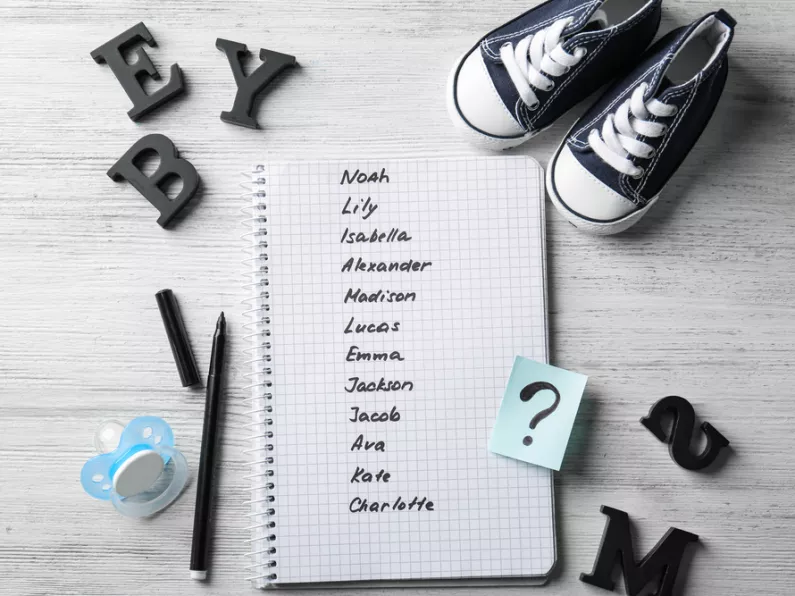Daytime naps should stop when a child turns two, science claims.
It's the age-old headache for parents everywhere. Did the baby nap? For how long? Was it too close to bedtime? Are they now overtired?
In this study, researchers set out to determine what impact napping has on young children’s health in terms of night-time sleep quality, behavior, cognition, and physical health.
They gathered data using 26 studies that analyzed napping in children up to the age of five.
Results showed a link between napping after the age of two and poorer sleep quality in young children.
Daytime naps should stop when child turns two
Kids who napped beyond the age of two often took longer to fall asleep at night and spent less time sleeping throughout the night.
However, the research team failed to uncover a link between napping and behavior, development, and overall heath due to age differences and napping patterns among children in the study.
Experts said: "Napping after the age of two could be impacting the quality of sleep your child is getting at night – which in turn can affect things like behaviour, cognition and physical health."
And then the scientists went on to link this poorer sleep quality with all sorts of health and behavioural issues like developmental delays, obesity and emotional problems later on in life.
Self-regulated sleep
Professor Karen Thorpe and her team of researchers at the Queensland University of Technology looked into nap protocols of childcare centres and whether or not the children really needed those naps in the first place.
What they found was that after the age of two, children were able to self-regulate their need for naps - therefore forcing them to sleep during the day could affect valuable sleep at night.
“Parents should not assume that day sleep and night sleep are the same and therefore by giving them a nap they’re getting more sleep, because that doesn’t happen,” Professor Thorpe said.
“Once they no longer biologically need sleep during the day all you’re doing by making them nap is subtracting from night sleep because you disrupt it.”







